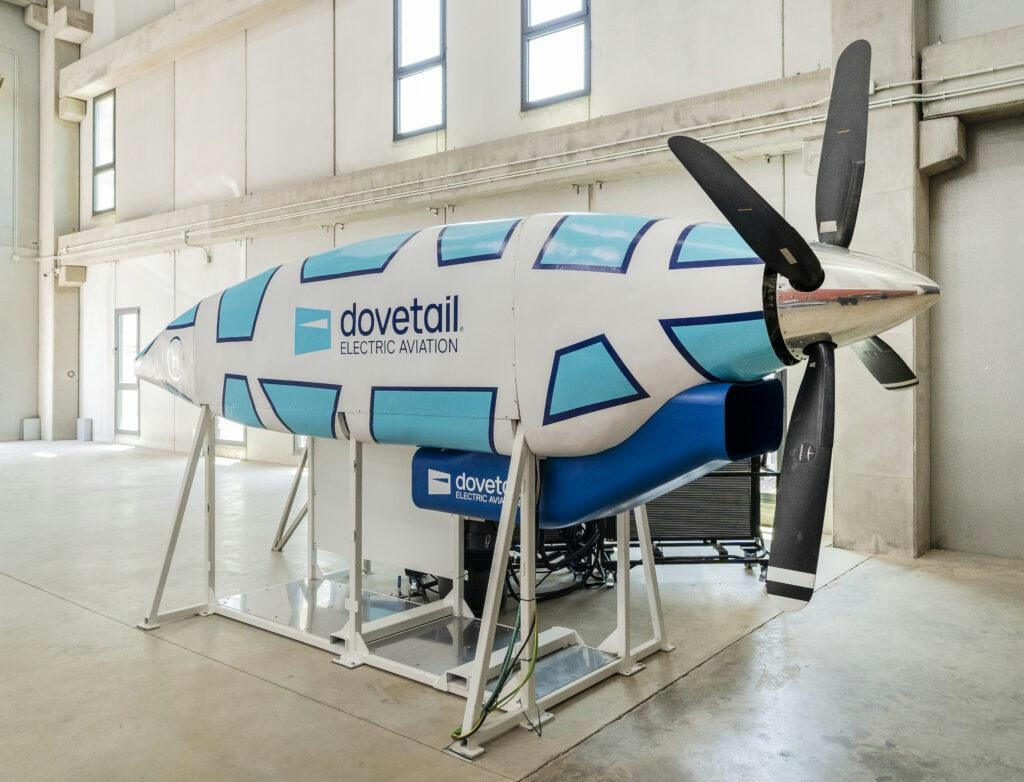AeroGenie — Votre copilote intelligent.
Tendances
Categories
Collaboration Advances Cooling Technology for Clean Aviation

Collaboration Advances Cooling Technology for Clean Aviation
Clean technology firm HyFlux has joined forces with the University of Sheffield Advanced Manufacturing Research Centre (AMRC) to develop an innovative cryogenic cooling system designed specifically for hydrogen-electric aircraft. This collaboration represents a significant advancement toward sustainable aviation by addressing the critical need for lightweight, high-efficiency cooling solutions essential to superconducting motors in zero-emission propulsion systems. The £1.5 million initiative, known as SUPERCOOL, aims to overcome technical challenges associated with maintaining ultra-low operating temperatures required for these next-generation motors.
Project Structure and Expertise
HyFlux, headquartered in Swansea, will lead the project, managing delivery, system architecture, and commercial strategy. The AMRC will provide engineering validation and integration expertise, while the Institute for Advanced Automotive Propulsion Systems (IAAPS) at the University of Bath will contribute its state-of-the-art test infrastructure to evaluate the cooling system’s performance under realistic hydrogen conditions. Funding support comes primarily from the Aerospace Technology Institute (ATI) Programme, which has committed £1.1 million, with the remainder financed by HyFlux.
Paul Perera, CEO and Co-founder of HyFlux, emphasized the project’s significance, stating, “This project marks a critical step forward in realising our vision for zero-emission propulsion. By bringing together cutting-edge intellectual property from Victoria University of Wellington and world-class UK engineering, we’re creating a powerful innovation platform for clean aviation.” James Hunt, Project Lead at the AMRC, highlighted the collaborative effort, noting, “This ATI funding validates the technology as a credible route to decarbonising aviation. The team Paul has assembled is formidable, and we look forward to contributing our design, simulation, and manufacturing expertise.”
Technical Challenges and Innovation
Achieving zero-emission flight across the aviation sector necessitates a range of advanced technologies, including superconducting electric motors capable of operating at temperatures as low as minus 240°C. The SUPERCOOL project focuses on designing, manufacturing, and testing a cryogenic cooling system capable of sustaining these extreme conditions. HyFlux and the AMRC will collaborate on developing innovative components such as advanced heat exchangers, employing computational fluid dynamics to optimize efficiency. Meanwhile, IAAPS will utilize its globally recognized liquid hydrogen test facility to conduct ground-based validation, thereby reducing risks ahead of potential flight demonstrations.
Industry Context and Future Prospects
The initiative emerges amid heightened industry interest in sustainable aviation solutions, as airlines and manufacturers intensify efforts to reduce carbon emissions. The market response is expected to include broader adoption of clean technologies and accelerated development of similar systems by competitors. Notably, other industry consortia, such as the Honeywell-led group, are advancing hybrid-electric regional aircraft cooling systems, underscoring the competitive and rapidly evolving landscape.
Despite the promise, the path to commercialization remains complex. Significant investment in research and development, regulatory approvals, and market acceptance pose ongoing challenges. The SUPERCOOL collaboration seeks to address these barriers by uniting leading research institutions, engineering expertise, and testing capabilities.
Sam Akehurst, Research Director at IAAPS, remarked, “SUPERCOOL exemplifies how UK-led partnerships can translate scientific research into commercially viable solutions for global net-zero aviation.” The project has received strong backing from both local and national stakeholders, reflecting the growing momentum behind clean aviation innovation within the United Kingdom.

Emirates Unveils Cabin Design for New Boeing 777X

Eighteen Years On, the Airbus A380 Remains Central to a $34 Billion Airline

How a boom in luxury airline seats is slowing down jet deliveries

Navitaire Outage Attributed to Planned Maintenance

DigiYatra Debuts Outside Aviation at India AI Impact Summit

Vietnam Orders Strengthen Boeing’s Commercial Outlook

Airbus Signals Uncertainty Over Future A400M Orders

JobsOhio Awards $2 Million Grant to Hartzell Propeller for Innovation Center

Collins Aerospace Tests Sidekick Autonomy Software on YFQ-42A for U.S. Air Force CCA Program

How the Airbus A350-1000 Compares to the Boeing 777
